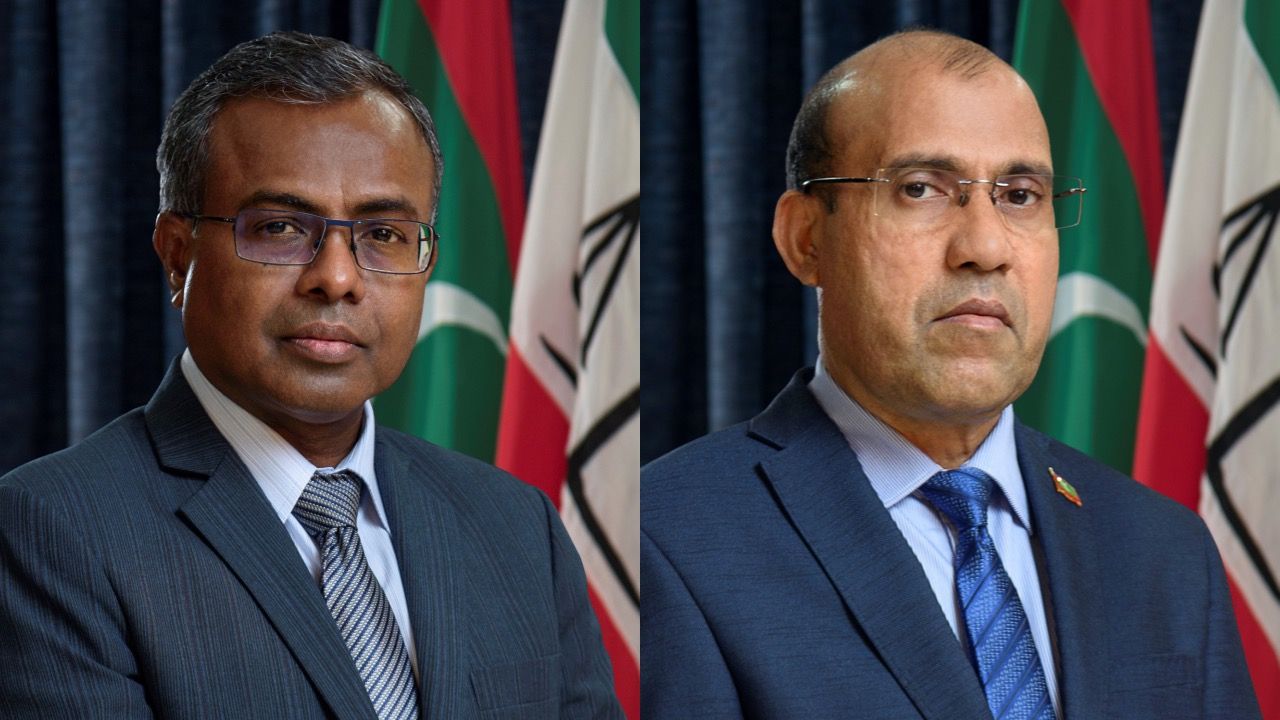Maldives parliament dismisses Supreme Court justices
Chief Justice Didi and Justice Adam Mohamed Abdulla removed from the bench.

18 Nov 2019, 09:00
Parliament on Monday voted to remove Chief Justice Dr Ahmed Abdulla Didi and Justice Adam Mohamed Abdulla from the Supreme Court bench as recommended by the Judicial Service Commission.
The watchdog suspended the pair for 60 days after probing ethical misconduct related to 17 instances where the apex court violated the constitution or usurped powers of parliament and other state institutions.
Reflecting the ruling party’s nearly three-quarters majority in the 87-member house, 69 lawmakers voted in favour of impeaching the justices. Nine opposition lawmakers voted No and one abstained.
During the final debate, opposition lawmakers accused the government and ruling party of “demolishing” the constitution and undermining the independence of the judiciary.
Become a member
Get full access to our archive and personalise your experience.
Already a member?
Discussion
No comments yet. Be the first to share your thoughts!
No comments yet. Be the first to join the conversation!
Join the Conversation
Sign in to share your thoughts under an alias and take part in the discussion. Independent journalism thrives on open, respectful debate — your voice matters.




